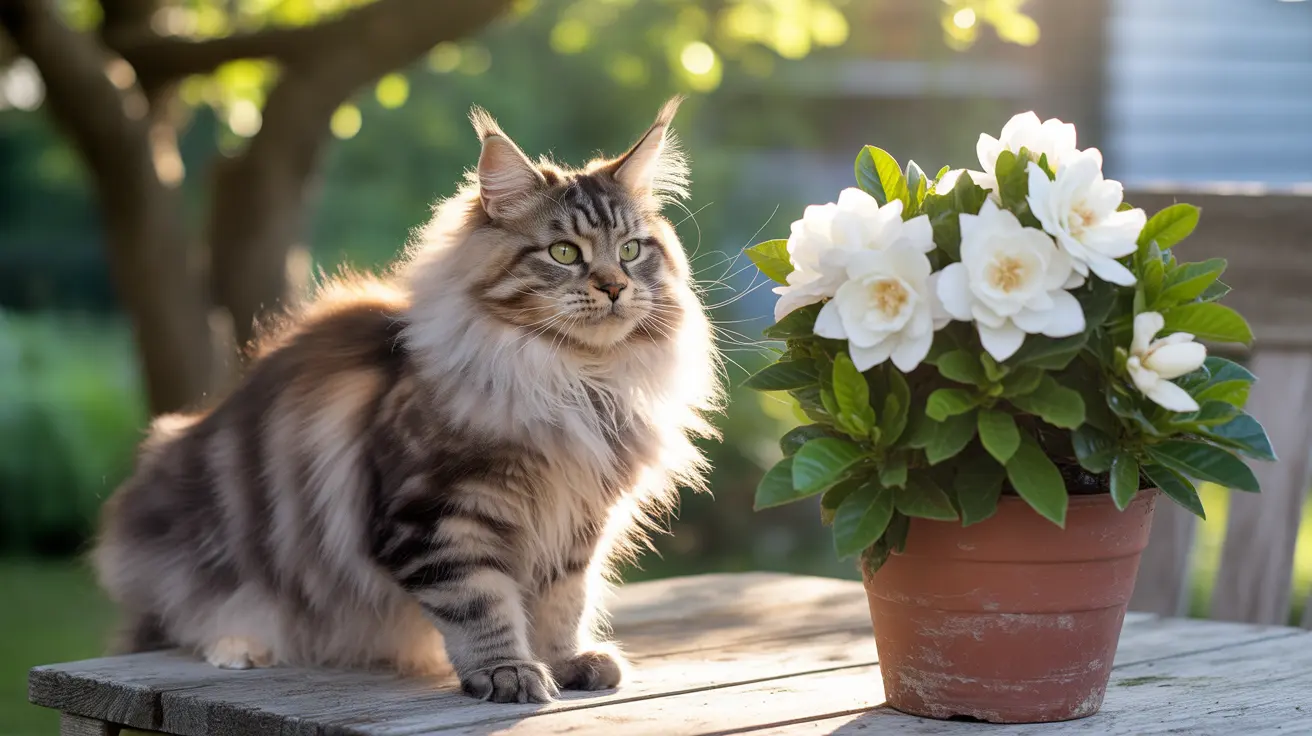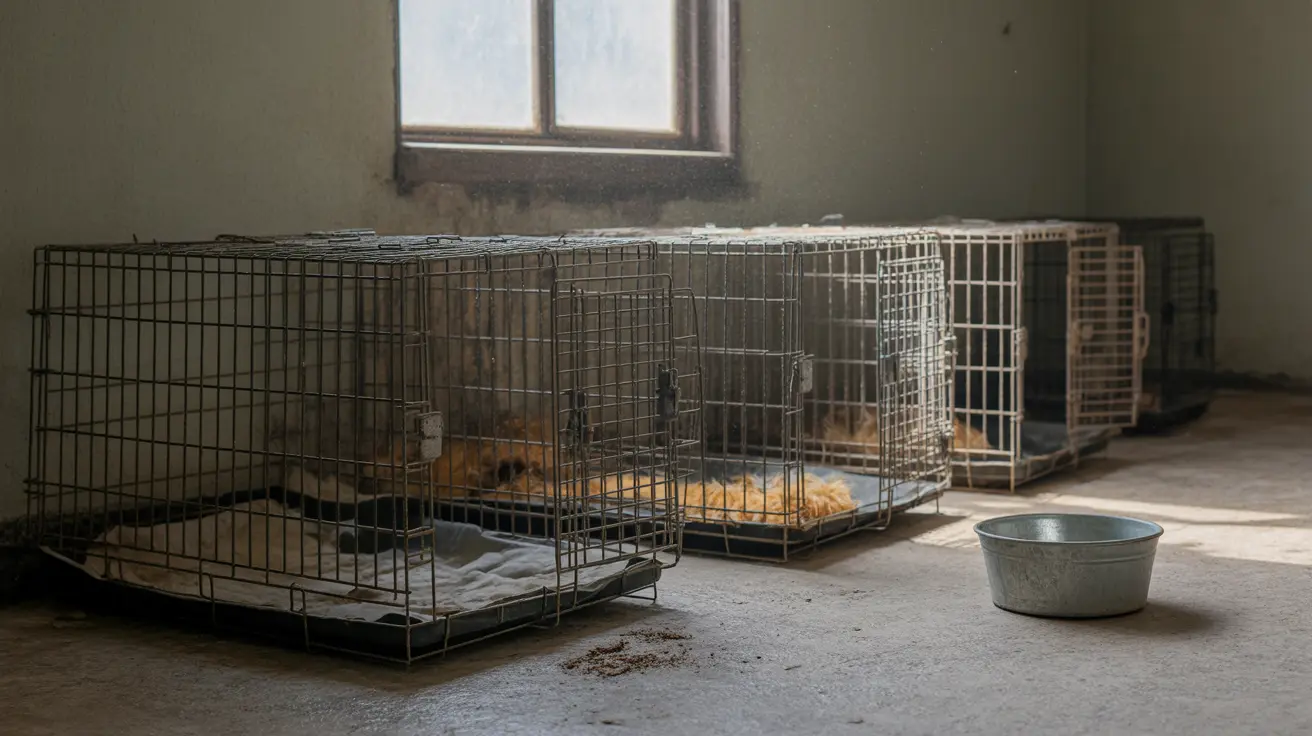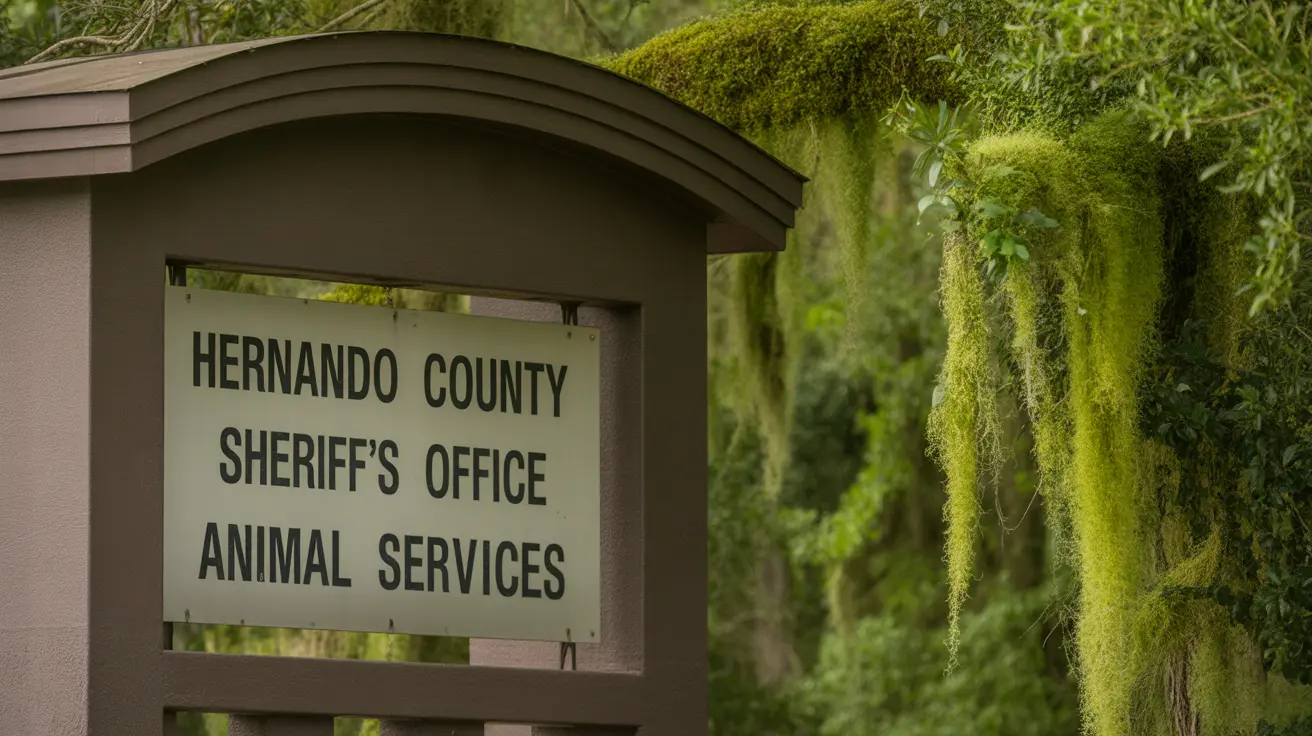Introduction
If you're a cat owner who loves decorating with fragrant flowers, you might be wondering: are gardenias poisonous to cats? The answer is yes - these beautiful ornamental plants can be toxic to our feline friends. While gardenia poisoning rarely proves fatal, it can cause significant discomfort and health issues that require prompt attention.
Understanding the risks associated with gardenias and knowing how to recognize symptoms of poisoning can help keep your cat safe. Let's explore everything you need to know about gardenia toxicity in cats, from symptoms to treatment options.
Understanding Gardenia Toxicity in Cats
Gardenias (Gardenia jasminoides) contain toxic compounds called geniposide and gardenoside. These substances are present in all parts of the plant, including the flowers, leaves, stems, and berries. When cats ingest any portion of a gardenia plant, these compounds can cause various adverse reactions.
While the bitter taste of gardenias usually deters cats from consuming large amounts, even small quantities can trigger symptoms. The severity of poisoning typically depends on how much plant material the cat has ingested and the individual cat's sensitivity.
Common Symptoms of Gardenia Poisoning
If your cat has consumed gardenia plant material, watch for these common signs of toxicity:
- Vomiting
- Diarrhea
- Nausea
- Hives or skin irritation
- Lethargy
- Loss of appetite
- Excessive drooling
- Abdominal discomfort
Most symptoms appear within a few hours of ingestion. While these reactions are usually mild to moderate, they can become more serious if left untreated, particularly in older cats or those with existing health conditions.
Treatment and Emergency Response
If you suspect your cat has eaten any part of a gardenia plant, take these immediate steps:
- Remove any remaining plant material from your cat's mouth or environment
- Contact your veterinarian or pet poison control center
- Monitor your cat's symptoms and behavior
- Collect a sample of the plant for identification if possible
Your veterinarian may recommend bringing your cat in for examination, particularly if symptoms are severe or persistent. Treatment typically involves supportive care, including fluid therapy to prevent dehydration and medications to address specific symptoms.
Prevention and Safe Alternatives
The best way to protect your cat from gardenia poisoning is through prevention. Consider these safety measures:
- Keep gardenias out of reach or remove them entirely from your home and garden
- Create designated pet-safe garden areas
- Use cat deterrent sprays around garden beds
- Choose pet-safe alternatives for indoor decoration
Safe flowering plant alternatives for cat owners include:
- African Violets
- Spider Plants
- Boston Ferns
- Bamboo
- Calathea
Frequently Asked Questions
Are gardenias poisonous to cats, and which parts of the plant are toxic?
Yes, gardenias are poisonous to cats. All parts of the plant contain toxic compounds called geniposide and gardenoside, including the flowers, leaves, stems, and berries.
What symptoms should I watch for if my cat eats gardenia leaves or flowers?
Watch for vomiting, diarrhea, hives, lethargy, loss of appetite, and excessive drooling. These symptoms typically appear within a few hours of ingestion.
How serious is gardenia poisoning in cats, and can it be fatal?
While gardenia poisoning is usually mild to moderate and rarely fatal, it can cause significant discomfort and potentially lead to complications if left untreated, especially in vulnerable cats.
What immediate steps should I take if my cat has ingested gardenia?
Contact your veterinarian immediately, remove any remaining plant material, and monitor your cat's symptoms. Collect a sample of the plant for identification if possible.
What are some safe alternative plants to gardenias for homes with cats?
Safe alternatives include African Violets, Spider Plants, Boston Ferns, Bamboo, and Calathea. These plants are non-toxic to cats and can safely beautify your home.
Conclusion
While gardenias can pose a risk to cats, understanding these risks and taking appropriate precautions can help keep your feline friend safe. If you choose to keep gardenias in or around your home, ensure they're placed where your cat cannot access them. When in doubt about any plant's safety, consult your veterinarian or the ASPCA's toxic plants database.






